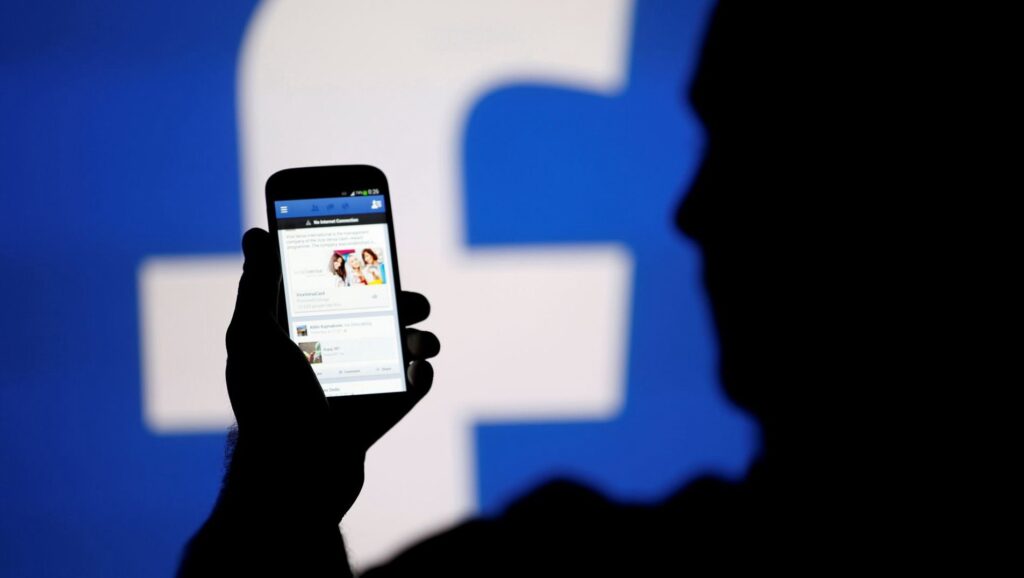Social Media Spammers Exploit AI to Create Distressing Holocaust Imagery
An international network of spammers is using artificial intelligence to generate fake images of Holocaust victims on Facebook, according to a recent BBC investigation. This disturbing trend has left many survivors and families deeply distressed, raising significant ethical concerns regarding the commodification of historical suffering.
Criticism has been directed towards Meta, Facebook's parent company, for allowing these images to proliferate, transforming a tragic period in history into what some term an emotional game. The Holocaust is a sensitive subject with few genuine photographs available from inside the Auschwitz concentration camp during World War II. However, recent months have seen a surge in fabricated images, including portrayals of prisoners engaged in various activities, accumulating thousands of likes and shares.
Concerns voiced by organizations dedicated to Holocaust memory emphasize that these fake images distort the commemoration of real suffering. Pawel Sawicki from the Auschwitz Memorial stated, This is not a game. This is a real world, real suffering and real people that we want to and need to commemorate. The BBC tracked many of these images to a network of spammers based in Pakistan, revealing that they exploit Facebook's content monetization system to profit from their posts.
One individual, Abdul Mughees, claimed to have earned around $20,000 through these monetization schemes, raising alarms about the lengths some will go to capitalize on tragedy. The BBC's findings illustrate a broader trend of AI slop, a term describing low-quality, mass-produced AI-generated content that floods social media. The Auschwitz Museum has also issued warnings about accounts misusing its historical content, stating that these distortions disrespects victims and undermines historical education.
As these AI-generated narratives continue to spread, they blur the line between historical fact and fabrication, leaving survivors confused and saddened. Dr. Robert Williams from the International Holocaust Remembrance Alliance noted a growing distress among survivors, feeling their efforts to commemorate the past are being undermined by misinformation and cynicism on platforms like Facebook.
In response to these findings, Facebook has taken action against some accounts but has yet to fully address the broader implications of allowing such content to thrive. This case highlights the urgent need for stricter regulations surrounding online content creation and the ethical responsibilities of social media platforms in managing the narratives they facilitate.

















